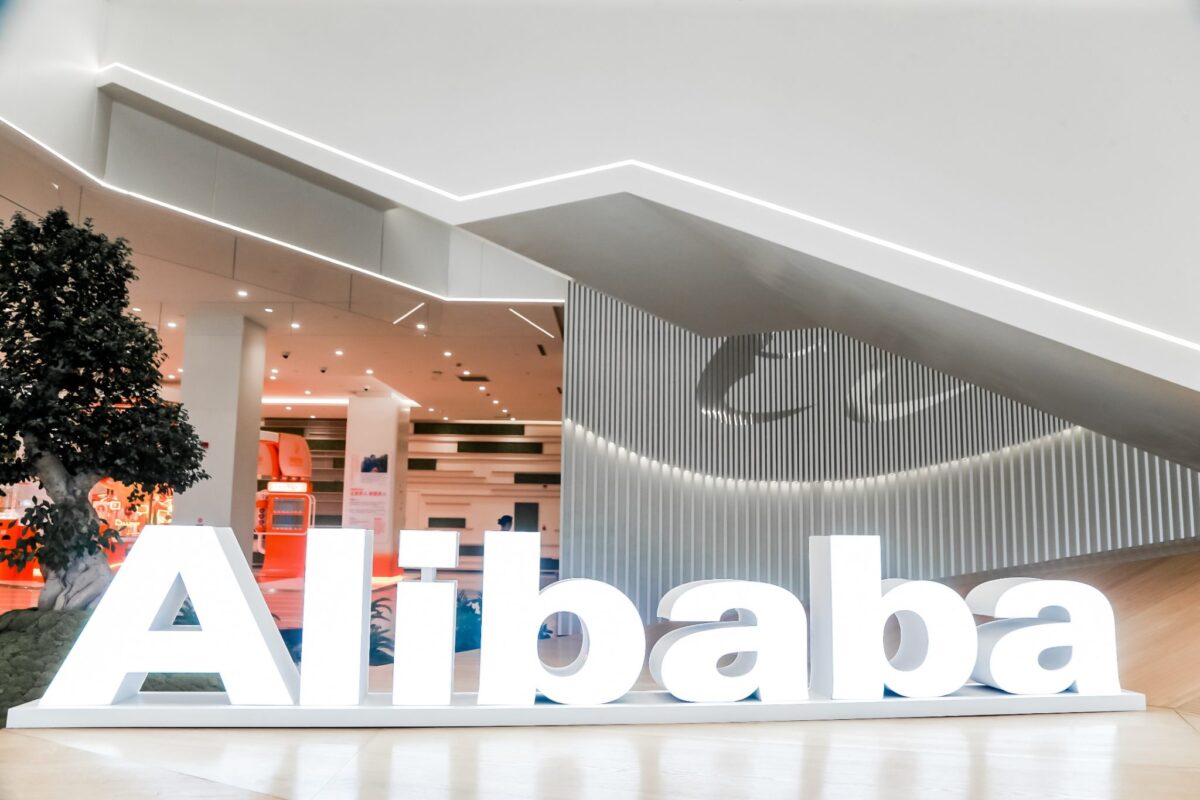Alibaba Cloud has made over 100 new AI models available to the open-source community under its Qwen 2.5 series. This announcement was made at the company’s annual Apsara Conference, where the tech giant also introduced an upgraded full-stack infrastructure to meet the growing demand for advanced AI computing solutions. These infrastructure updates include new cloud products and services aimed at improving computing, networking, and data center architecture to support the development and deployment of AI models across a variety of industries.
Eddie Wu, Chairman and CEO of Alibaba Cloud Intelligence, remarked, “Our focus is on intensifying research and development in AI technology and building a global infrastructure to unlock business potential for our customers worldwide.”
The newly launched Qwen 2.5 models range from 0.5 to 72 billion parameters and come with enhanced capabilities in knowledge, mathematics, and coding. These models support over 29 languages and are designed for diverse AI applications, from edge computing to cloud-based services, serving industries like automotive, gaming, and scientific research.
Growing Popularity of Alibaba’s AI Models
Since their debut in April 2023, Alibaba Cloud’s Qwen models have been widely adopted, with over 40 million downloads on platforms like Hugging Face and ModelScope. Developers have created more than 50,000 derivative models based on these AI systems.
Jingren Zhou, Chief Technology Officer of Alibaba Cloud Intelligence, stated, “This initiative aims to empower developers and businesses of all sizes by enhancing their access to AI technologies and contributing to the growth of the open-source community.”
Alibaba Cloud also announced an enhanced version of its proprietary AI model, Qwen-Max, which now performs on par with leading models in language comprehension, reasoning, mathematics, and coding tasks.
New Multimodal Capabilities and AI Tools
In addition to expanding its AI model offerings, Alibaba Cloud has introduced a new text-to-video model within its Tongyi Wanxiang model family. This tool can generate high-quality videos in multiple visual styles, ranging from realistic footage to 3D animations, based on instructions in both Chinese and English. Another key development is the updated vision language model, Qwen2-VL, which can process videos longer than 20 minutes and handle video-based question-answering tasks.
Alibaba Cloud also launched “AI Developer,” an AI assistant powered by Qwen, designed to help programmers with tasks like requirement analysis, coding, and bug detection and resolution.
Infrastructure Upgrades for AI Development
To support the latest AI innovations, Alibaba Cloud has rolled out several infrastructure enhancements, including:
- CUBE DC 5.0: A next-generation data center architecture that boosts energy efficiency and operational performance.
- Alibaba Cloud Open Lake: A solution designed to optimize data utilization for generative AI applications.
- PAI AI Scheduler: A cloud-native scheduling engine that improves resource management for AI workloads.
- DMS: OneMeta+OneOps: A platform that offers unified metadata management across different cloud environments.
- 9th Generation Enterprise Elastic Compute Service (ECS): A new instance designed to deliver improved performance for various AI applications.
These developments reflect Alibaba Cloud’s commitment to providing customers and partners with the tools and infrastructure needed to create more efficient, sustainable, and inclusive AI applications. With the release of its open-source models and the introduction of cutting-edge infrastructure solutions, Alibaba Cloud is positioning itself as a key player in the global AI landscape.

